Raising a child can be challenging. Even under the best circumstances...



Raising a child can be challenging. Even under the best circumstances...
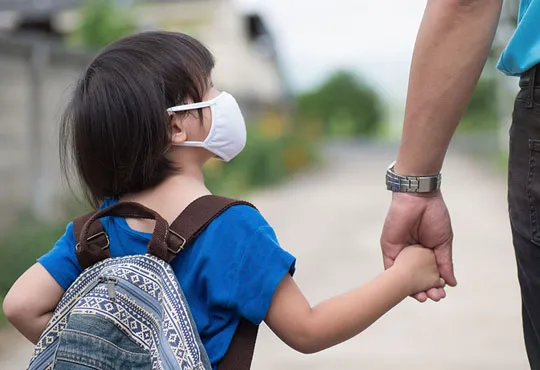
Mental health in childhood means reaching developmental and emotional milestones....
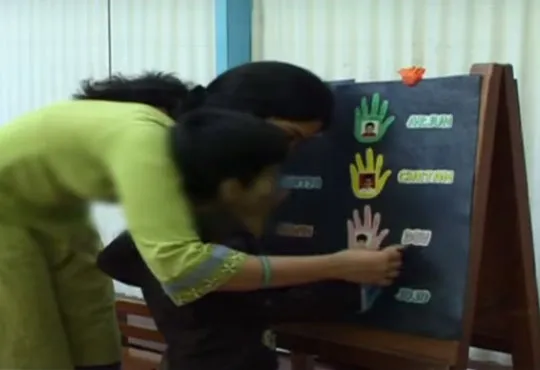
The Communication DEALL (Developmental Eclectic Approach to Language Learning)...

The Center on the Developing Child is a multidisciplinary team committed to driving science-based innovation...
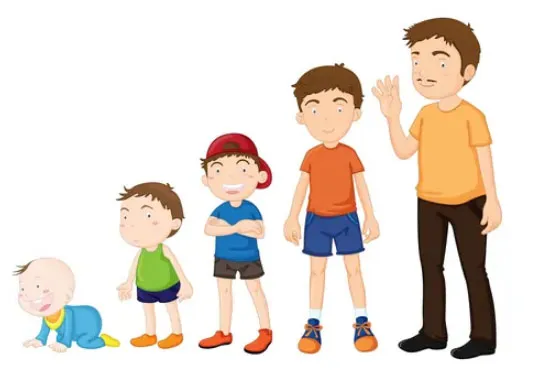
As children develop from infants to teens to adults they go through a series of developmental stages that are important...

Enhancing lives today and accelerating a spectrum of solutions for tomorrow...

Children with severe ASD will need life-long support. But the path, which a caretaker of an autistic child must walk...
View Details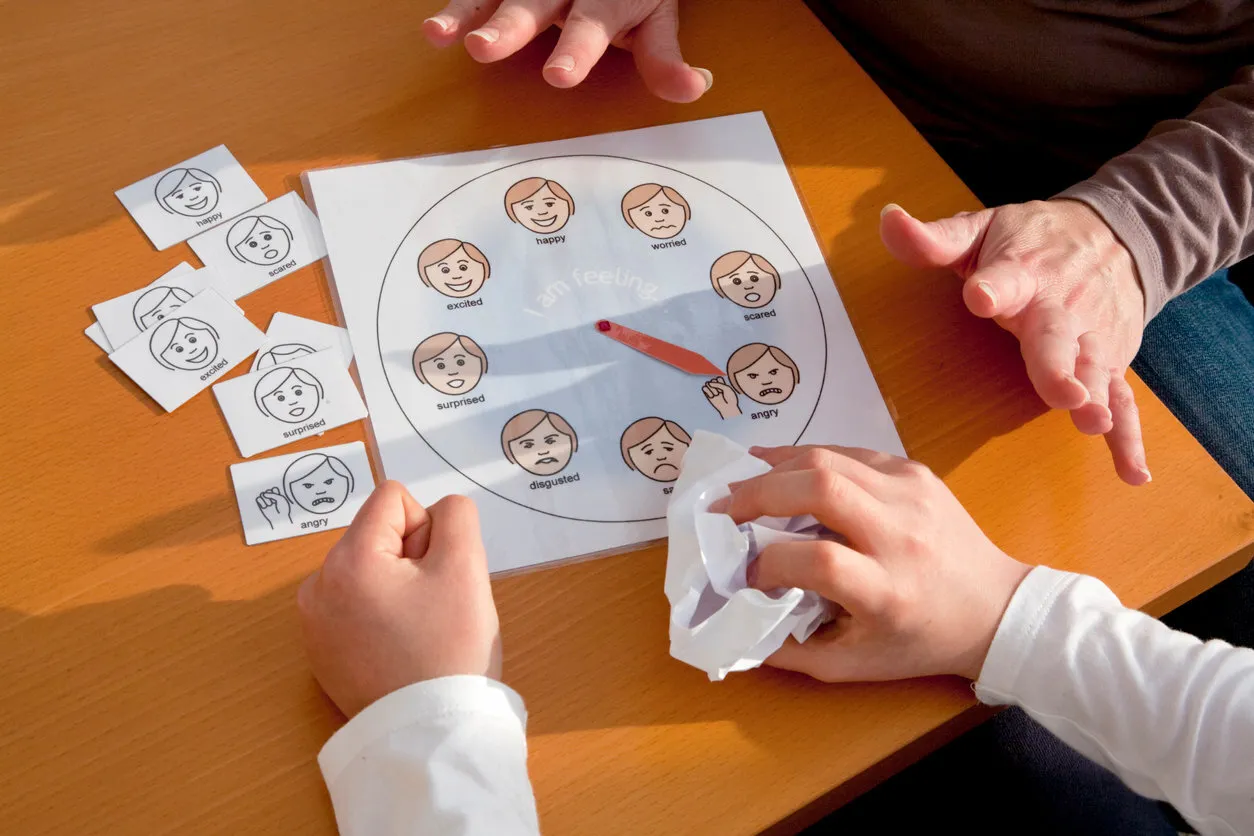
Once parents accept the diagnosis for their child, the search begins for different solutions...
View Details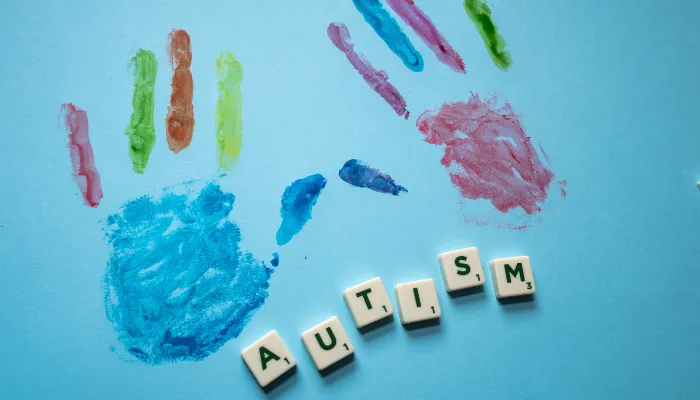
When choosing a therapy center for your child, consider the following criteria to ensure you select the best possible option:
1. Qualified Team: Ensure the therapy center employs professionals with appropriate qualifications:
***Note that while qualifications in special education (B.Ed/M.Ed) and physiotherapy (BPT/MPT) are valuable, they may not be necessary for addressing core autism symptons unless the child also has physical or intellectual disabilities causing impairment in activities of daily living and academic achievement. Also, keep in mind that RCI certification, which any therapist may claim, is just a registration and not a qualification to practice any cross-speciality work.
2. Parental Involvement: Parents should be allowed to observe and participate in therapy sessions. This involvement is crucial for training the child at home and ensuring consistency in the therapeutic approach. In most moderate to severe cases of autism, mere attendance at therapy sessions is insufficient without reinforcement at home.
3. Detailed Assessments: The therapists should provide comprehensive assessments covering the child's speech, communication, sensory issues, and intellectual capabilities.
4. Goal-Oriented Plans: Therapists should collaborate with parents to formulate detailed short-term and long-term goals. Regular monthly reviews of these goals with feedback are essential to track progress and make necessary adjustments.
Therapies without clear goals are likely to be ineffective and unprofessional.
5. Flexible Commitment: Avoid long-term packages beyond three months, even if discounts are offered. It is essential to evaluate the child's progress continuously. If there is no noticeable improvement within 6 months, consider changing the therapist or therapy center for a fresh perspective. Additionally, parents are encouraged to utilize resources such as YouTube channels that offer guidance on parent training.
Additionally, parents are encouraged to utilize resources such as YouTube channels that offer guidance on parent training.
A. Some of the YouTube channels (among many others) are:
https://youtube.com/@aforautism6808
https://youtube.com/@ReenaSingh
https://youtube.com/@marybarbera
https://youtube.com/@shaktikalyan4613
https://youtube.com/@BLESSINGSMANINDER
https://youtube.com/@arifulton
https://youtube.com/@h4sshorts802
https://youtube.com/@TheHanenCentre
https://youtube.com/@drdeepthiraju
https://youtube.com/@TheChickenNuggets
B. Some of the Online/Offline Parent training Organizations (among many others) are:
https://communicaids.com/product/com-deall-certificate-course-for-parents/
https://www.magpieslp.com/parent-training
https://www.totsguide.com/scope-program
https://www.explorecosmo.com/cosmo-for-home-use/
https://dccdglobal.com/services
https://www.uncleft.com/s/store
C. Some of the resources to read from National level institutions (among many others) are:
https://www.niepmd.tn.nic.in/publication.php
https://www.aiims.edu/images/pdf/autism.pdf
https://iapindia.org/pdf/Ch-018-IAP-Parental-Guideline-AUTISM.pdf
D. Few other Websites providing information on Autism for parents:
http://autismresourcecenter.in www.we4autism.org
http://www.cdc.gov/ncbddd/autism/index.html
http://www.autismsciencefoundation.org